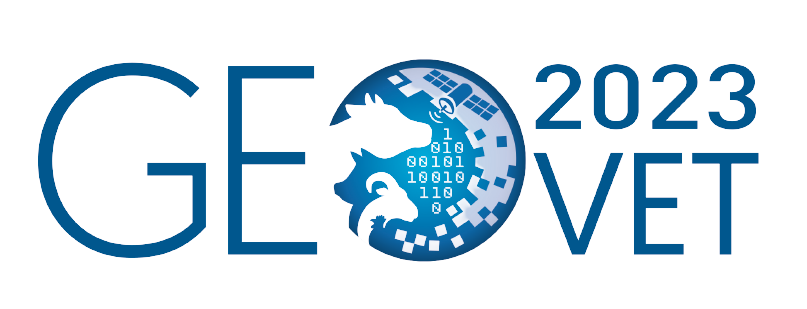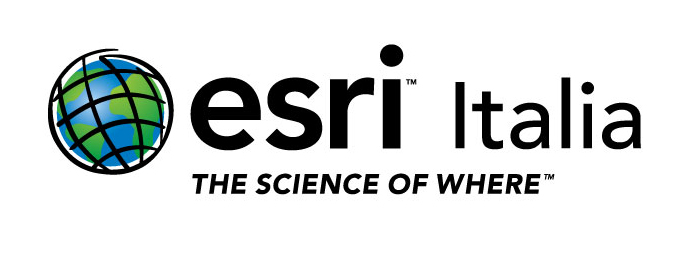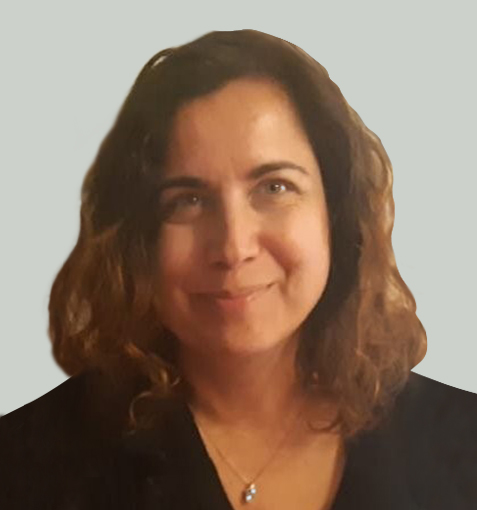
Elisa Ficarra
Department of Engineering “Enzo Ferrari” – University of Modena and Reggio Emilia.
Elisa Ficarra got a PhD in Systems and Computer Science at the Dept. of Control and Computer Engineering – Politecnico di Torino, Italy, in 2006. She was an Associate Professor in the same department until 2021. Since 2021 Elisa has been a Full Professor at the Department of Engineering “Enzo Ferrari” at the University of Modena and Reggio Emilia, Italy. She was an Invited scientist at the Computer Science Dept. of Stanford University (CA, USA) for a project on DNA-protein interaction in 2002 and Visiting scientist at the Integrated System Laboratory of EPFL (Lausanne, CH) for a research project on Bioimaging and functional genomics from 2005 to 2006. Elisa acts as scientific coordinator for the University of Modena and Reggio Emilia of funded European and Italian projects on Bioinformatics and Biomedical Image analysis focusing on data mining and AI techniques for research on genetic pathologies, among them a recent EU H2020 project on high-serous ovarian cancer project of 1M€ funding to her research unit. She also collaborates with several private foundations and companies on the same topics. Elisa has been Associate Editor in IEEE Transactions and BMC journals and is a member of various IEEE/ACM TPCs. Elisa’s research led to more than 140 publications, including 58 journal papers.
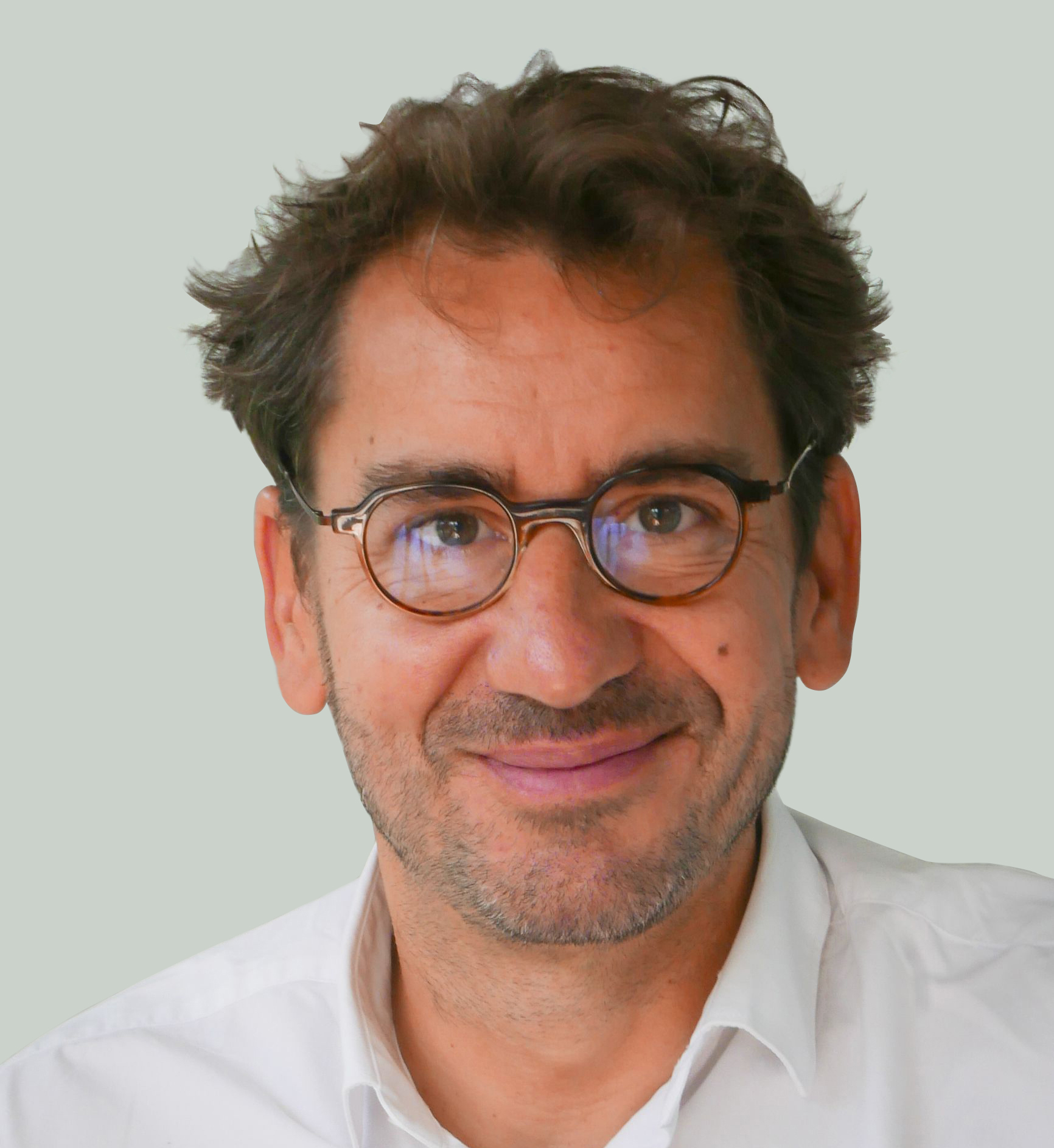
Marius Gilbert
Vice-rector of research and Head of the Spatial Epidemiology Lab (SpELL), Université Libre de Bruxelles.
He has broad interests in the spatial epidemiology of animal diseases and invasive species. An overarching theme is the attempt to better understand how changes in agriculture and ecosystems have affected the conditions of emergence, spread and persistence of pathogens, including those with pandemic potential. His main area of expertise includes the epidemiology of avian influenza, emerging infectious diseases, global changes in livestock production systems, and livestock distribution models. During the COVID pandemic, he joined the Expert Group on the Exit Strategy (GEES) that was assembled by the Belgian prime minister Sophie Wilmes to advise the government on the lockdown exit strategy, and was one of the key experts commenting the pandemic developments in the francophone media (national news TV, press and radio). He is now vice-rector of research at the ULB, responsible for the support to the 3500 researchers in all disciplines, where he works to promote the interactions between science and society.
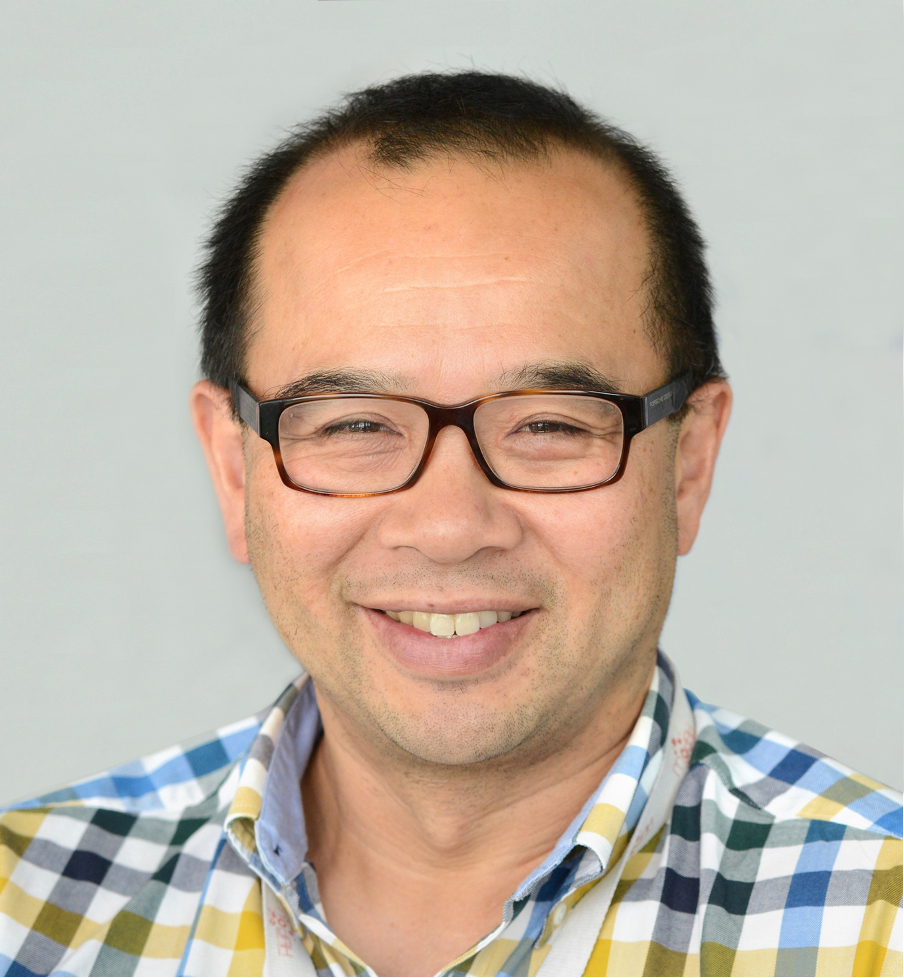
Rowland Kao
Professor of Veterinary Epidemiology and Data Science, Roslin Institute & School of Physics and Astronomy, University of Edinburgh.
Rowland Kao uses mathematical, statistical and computational techniques to study infectious disease dynamics, mainly with respect to the role of demography in the spread and persistence of human and livestock diseases. Increasingly, this involves the analysis of genetic and epidemiological data to determine the characteristics of disease outbreaks, with bovine Tuberculosis and SARS-CoV-2 being lead examples. His work also integrates elements of human behaviour and the management of land resources (why do farmers move livestock the way they do, and what might happen to contact networks if the conditions under which they moved livestock, changed), and parameter inference (from observed disease data, can we estimate the relative and absolute importance of different routelands of contact). From 2020, he has been a member of SPI-M (the Scientific Pandemic Influenza Modelling Group, providing advice to the UK government on COVID-19 preparedness). He chairs the UK Dept. of the Environment, Food and Rural Affairs (Defra) Exotic and Emergent Diseases Committee, a subcommittee of Defra’s Science Advisory Council, of which he is also a member.
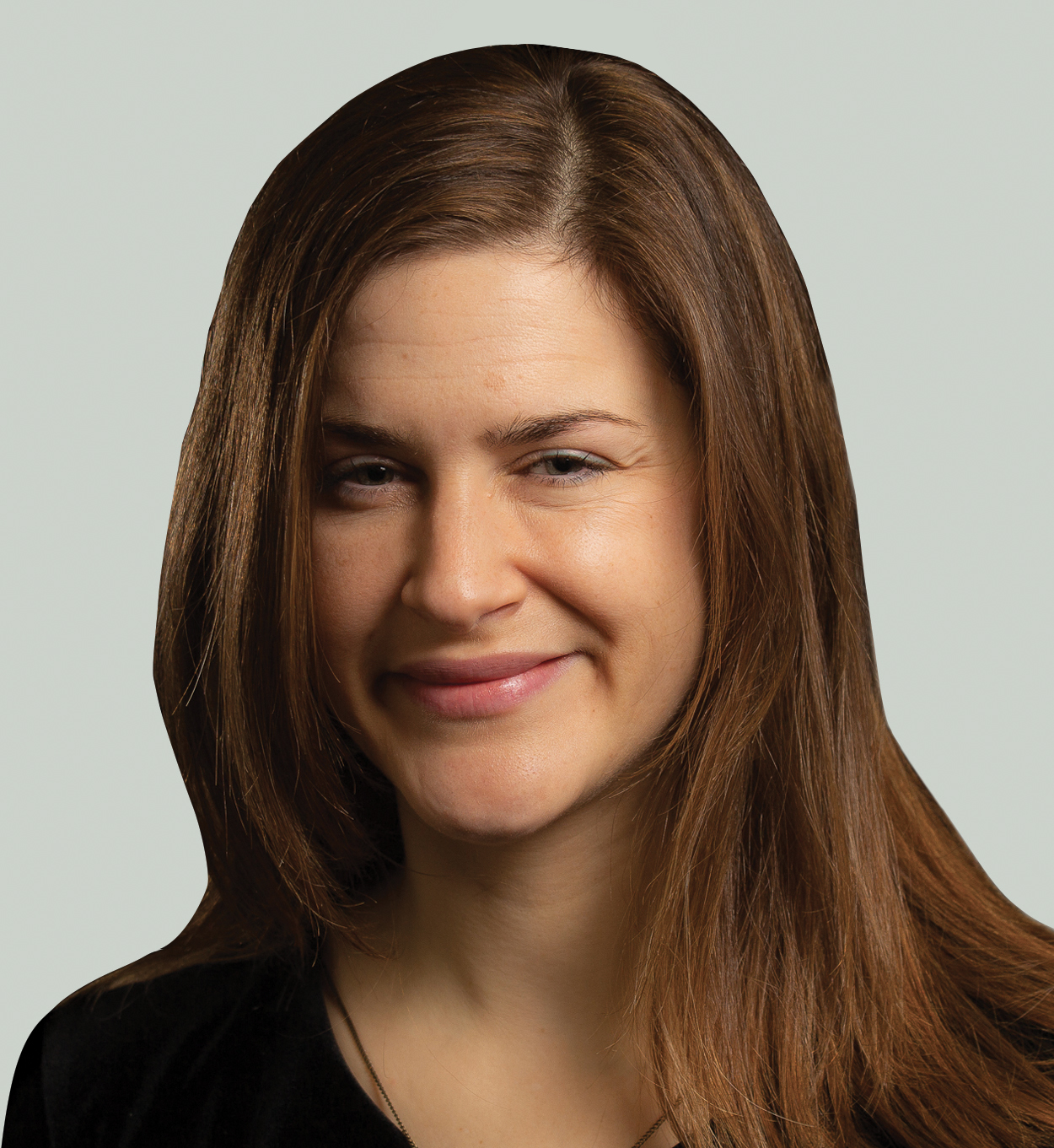
Rachel Lowe
ICREA Research Professor at Barcelona Supercomputing Center – Centro Nacional de Supercomputación (BSC-CNS).
Rachel’s research involves co-developing policy-relevant methodological solutions, to enhance surveillance, preparedness and response to climate-sensitive disease outbreaks and emergence. Her published work has focussed on the viability of integrating seasonal climate forecasts in early warning systems for infectious diseases in Latin America, the Caribbean and Southeast Asia. Rachel is the Director the Lancet Countdown in Europe, a new transdisciplinary collaboration tracking progress on health and climate change. She is a member of the World Meteorological Organization COVID-19 research task team and was a contributing author of the IPCC Sixth Assessment Report (WGII) chapter on risks across sectors and regions. She coordinates two Wellcome Trust digital technology, climate, and health projects, HARMONIZE and IDExtremes. Which aim to provide robust data and modelling tools to build local resilience against emerging infectious disease threats in climate change hotspots.
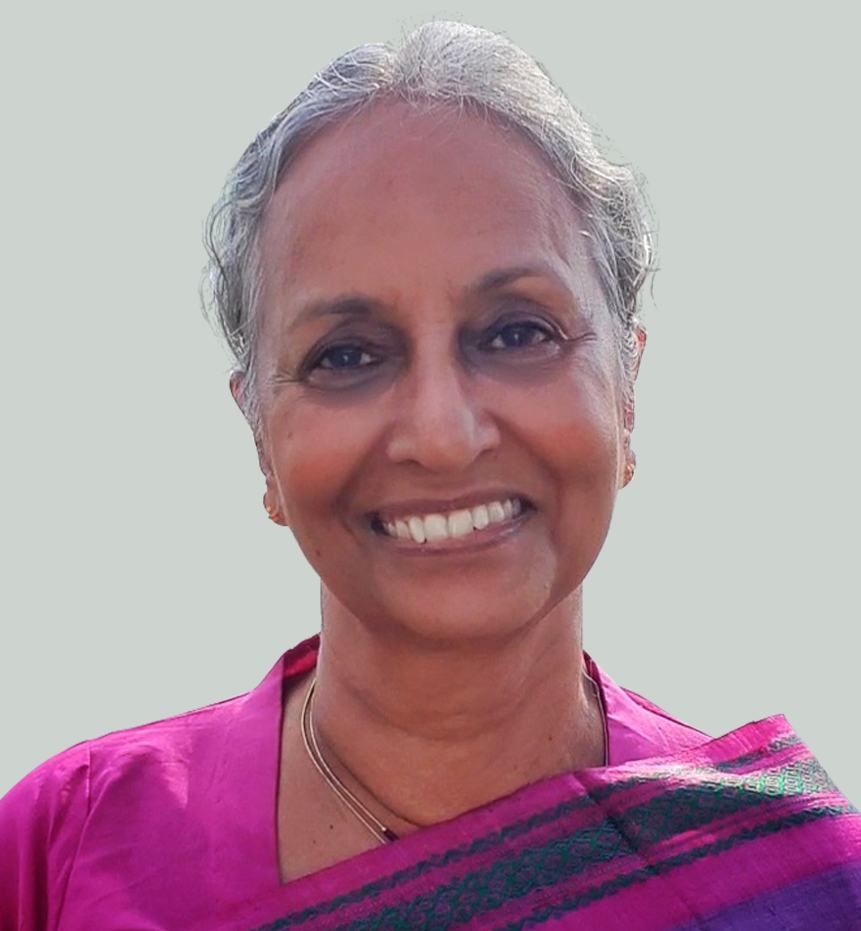
Shubha Sathyendranath
Merit Remote Sensing Scientist, Plymouth Marine Laboratory.
Shubha Sathyendranath was educated in India and France. She has almost 50 years’ experience in the field of marine optics and remote sensing of ocean colour. Her interests include bio-optical properties of phytoplankton, marine primary production, biological-physical feedbacks in the ocean, phytoplankton phenology, ecological provinces in the ocean, development of algorithms for remote-sensing of phytoplankton and the use of ocean-colour data in climate studies. The last few years she has been working on water-borne diseases and their link to environmental conditions. She has some 270 publications on these and related topics. A native of India, she has worked in India, France, Canada and the UK. She has been the Science Lead for the Ocean-Colour component of the Climate Change Initiative of the European Space Agency for the last decade. She is the current Chair of the International Ocean Colour Coordinating Committee. She was a Lead Author of Chapter 2, of Working Group I, of the IPCC Assessment Report 6. She is a Fellow of the Marine Biological Association of UK. Her many scientific contributions have been recognized by the award of the Grande Médaille Albert 1er (Monaco) and the A. G. Huntsman Award for Excellence in Marine Science. She has devoted considerable effort to capacity building in developing countries (for which she has received the UNESCO/IOC Pannikkar Memorial Medal). In 2022, she was accorded the title of Chevalier (Knight) of the Order of Cultural Merit of Monaco.



